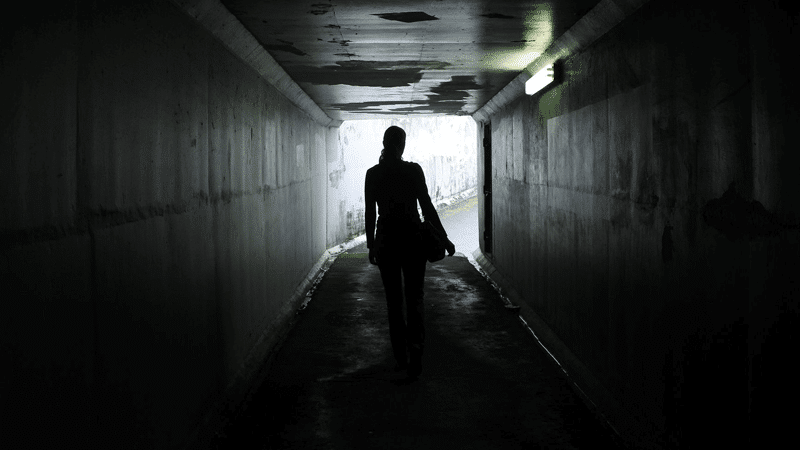The Royal College of Nursing (RCN) has voted to campaign for the decriminalisation of prostitution, but some nurses voiced deep concerns.
At its annual conference, in Liverpool, RCN members backed a motion from the Greater Bristol branch in support of decriminalisation.
However, nurse Abigail Lawrence said prostitution is exploitative and based on coercion.
‘Human rights’
In February, the Home Office said it had “no plans” to change the current law on prostitution and was providing £100m to tackle “all forms of violence against women and girls”.
But at the RCN conference, clinical nurse specialist Louise Cahill proposed that the leadership should “lobby governments across the UK to decriminalise prostitution”.
Referencing support from Amnesty International, she also claimed it was a “fundamental human rights issue”.
Trafficking
In response, Abigail Lawrence, a nurse from the east of England, said: “The sex industry is, by its very nature, exploitative, manipulative and based on coercion” and that the proposal also decriminalises brothel owners.
Fellow RCN member Margaret Devlin warned: “An explosion in demand and trafficking always follows decriminalisation.”
However, following the debate, the resolution was passed.
Wrong approach
In January, one of the councillors who was instrumental in setting up the legal prostitution zone in Leeds admitted that the project was a failure.
Mark Dobson initially championed the zone in Holbeck where police agreed to turn a blind eye to kerb crawling and soliciting.
However, in the last two years there have been at least 67 violent and sexual offences inside the zone. Dobson now says the council should consider a zero tolerance response, adding that decriminalisation “was the wrong approach from the start”.
In Northern Ireland, Lord Morrow led a successful campaign to criminalise paying for sex.

